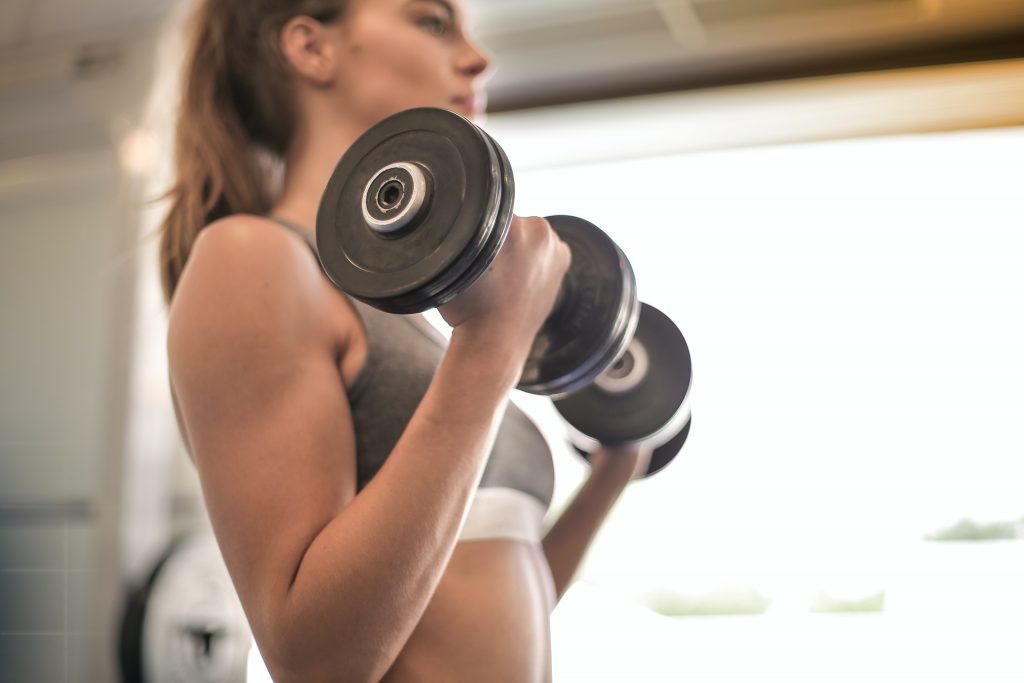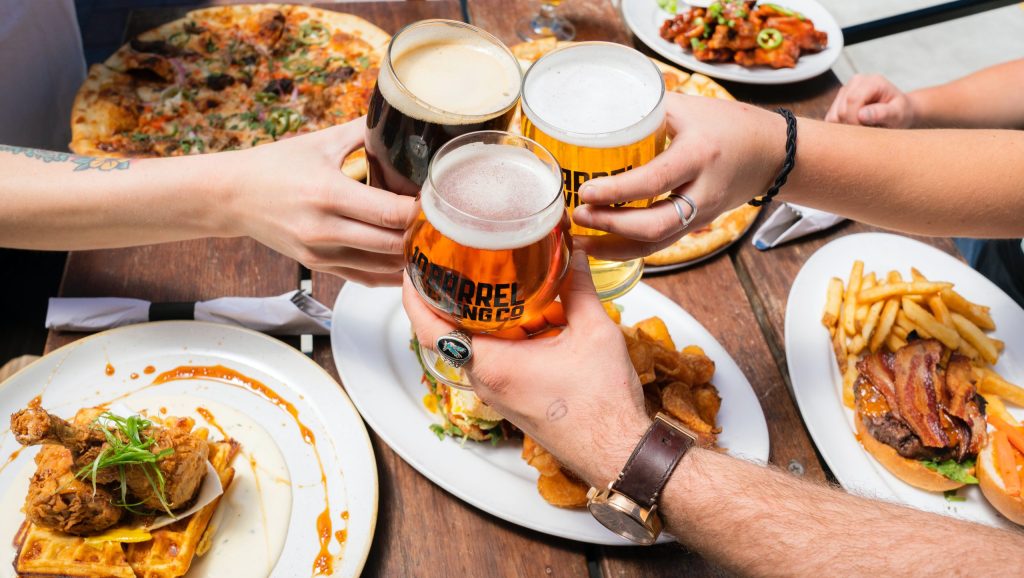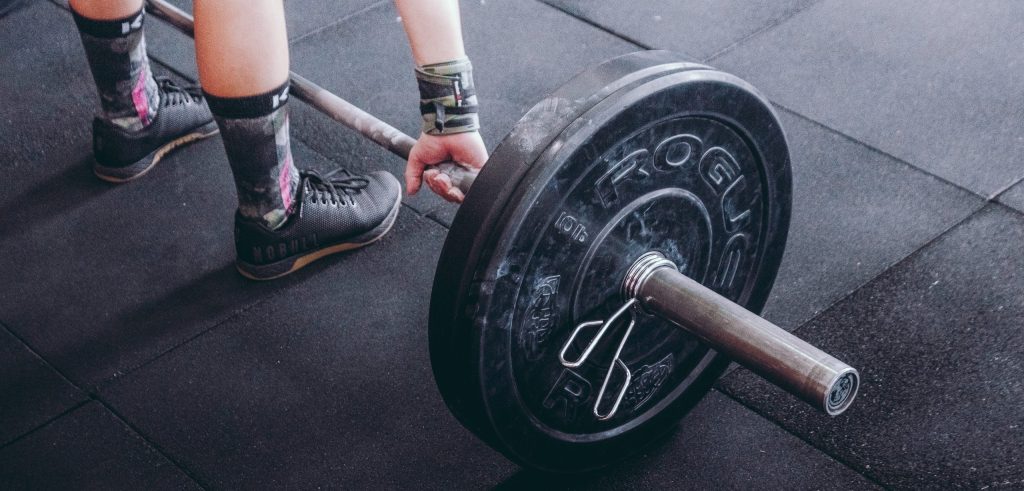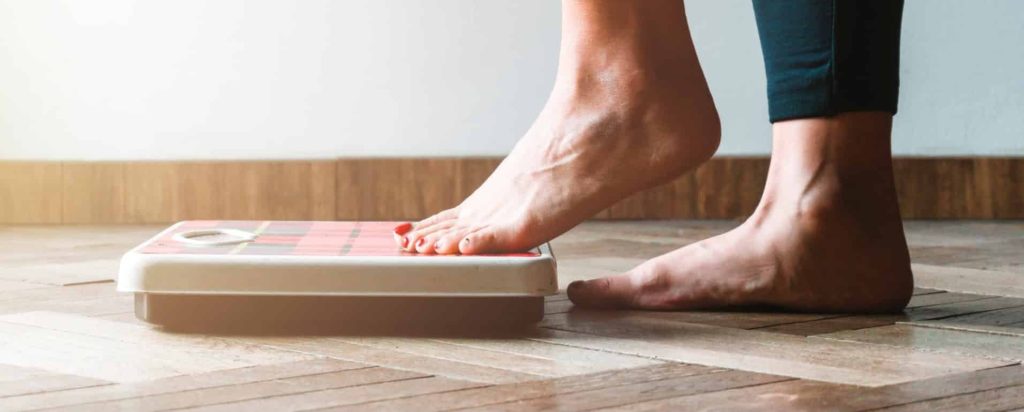5 Things I Wish I Knew Before I Began My Fitness Journey
Everyone starts somewhere. Whether it’s a new hobby or a lifestyle change, the beginnings are always tough. At first, when you start your fitness journey, it may be exciting to try new things, and see how far you can go. You will be excited to finally take those extra steps to better yourself, you’ll buy equipment and workout clothes, maybe try a protein shake; but then things start to change. You go to the gym and you start feeling lost. Everyone around you seems to know what they’re doing, except you. You may be at home and struggling to finish a fifteen-minute YouTube workout, wondering if you can find motivation to continue on this journey.
During this period of uncertainty and doubt, the best thing you can do for yourself is educating yourself, yes, you read that right! Watch videos, listen to podcasts, read articles, blogs, books, anything that will provide you with the information you need. Lack of knowledge and information about your new lifestyle choices, may lead you to quit without even really starting. Nobody starts working out and immediately knows how to hold proper form, or knows a number of exercises that target each muscle group. Everything you aspire to become, is learned through trial and error, which brings us to the first point:
1. Everyone was a beginner at some point
Education about fitness is crucial, in every form or way that you want to consume it, but it’s not the only thing you need at the beginning of your journey. Even with all the information provided on the internet, some people still might need a little push. Asking for help from enthusiasts or professionals is totally okay! Most of the people in the fitness world, will be glad to lend you a hand, motivate you or educate you. Don’t let your insecurities hold you back. Being shy, insecure or anxious is normal, even in the world of fitness. As you continue showing up to the gym, your Yoga or Pilates class, these insecurities will slowly fade away. You will eventually realize that nobody is staring at you, and everybody is invested in their progress, this we can promise.
2. Restricting food and dieting won’t help you lose weight.
There are thousands of diets out there, most of women have tried a number of them, but do they actually work? Usually, diets give you only short-term results, which can backfire if you’re not careful. The National Eating Disorders Association reports that 35% of “normal dieters” progress to pathological dieting and that 20-25% of those individuals develop eating disorders. If you want to lose weight in a healthy matter, and maintain that weight, you need a lifestyle change, not a diet. Remember that food is fuel; you need fuel for your brain, heart and muscles to function properly. Read our blog post on the classic debate whether abs are made in the kitchen and read our tips for advice on fat loss.
3. Stick to a workout program or routine
We recommend sticking to a routine for the best results. Even in the first month, when you’ve just started, its important to have some routine to practice. Presumably, you wont be able to write one for yourself as you are starting your journey, but there are always routines that you can download, or watch on the internet. These ready-made routines will help you learn as you exercise. Sticking to a routine for weeks or a few months will teach you about proper form, and most importantly discipline. Your confidence will only increase when you notice that you get better and stronger each week. Don’t be afraid to try routines, and even challenges if you’re feeling extra motivated! Extra tip for the ladies – don’t be afraid to add weight to your workouts! They will not make you look bulky or less feminine, just look at our coach Sof!
4. Feeling sore isn’t always a good thing
Muscle soreness is normal, for the most part. At the beginning, when you first start exercising, or when trying a new routine, your muscles may be more sore than usual, but be aware. Being sore all the time, accompanied by fatigue, might be a sign that you are overdoing it! Prioritize rest for muscle repair and your health in general. Overexercising might spike your cortisol, disbalance your hormones and lead to serious injuries. Consider stretching before and after exercising in order to avoid muscle soreness and injuries.
5. Motivation is learned
This is the most important point that we saved for last. No one you know is driven by any kind of motivation. The key to reaching your fitness goals is consistency, effort and discipline. All of these factors combine together and drive your motivation. Each one of these things need to be learned and practiced every day, in order for you to get what you want. So, even on your bad days, show up and do your routine. You can cut the routine short, or do it slower, anything that will help you complete it. Once you finish your exercise for the day you will feel so much better, your energy will skyrocket, your brain will be awake, and your sense of accomplishment will be fulfilled. Never give up the chance to become a better version of yourself!
Don’t forget to check out FitSof’s Push Start beginner program, where we implement tips like these, along with the 4-week exercise routines, and a guide on nutrition!









